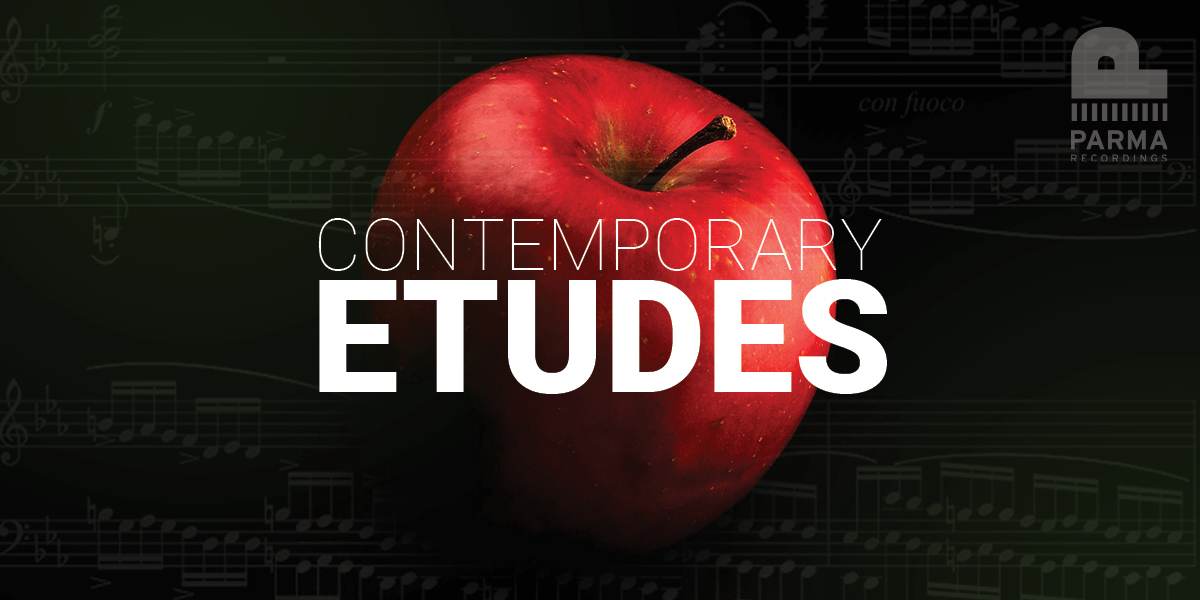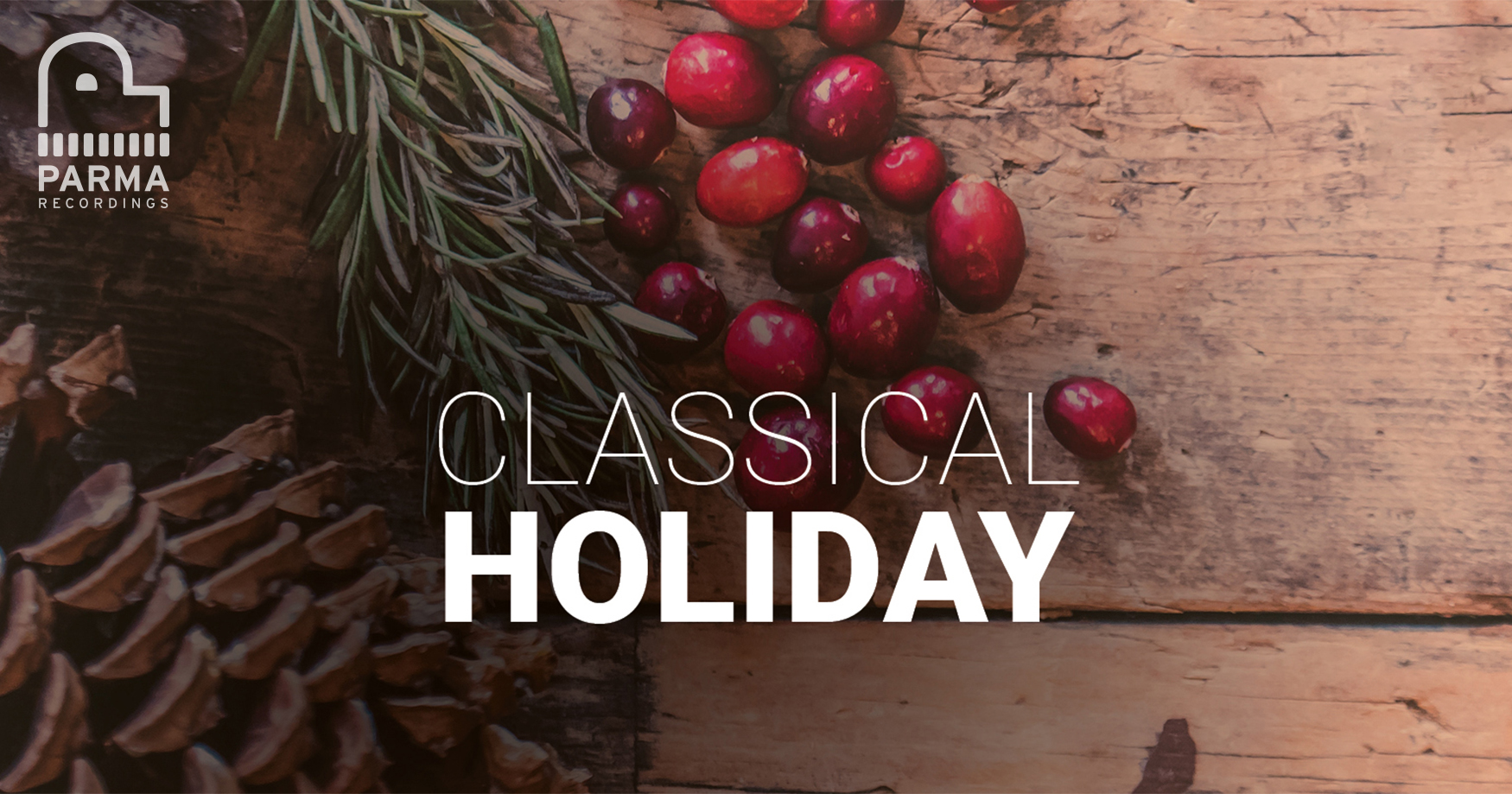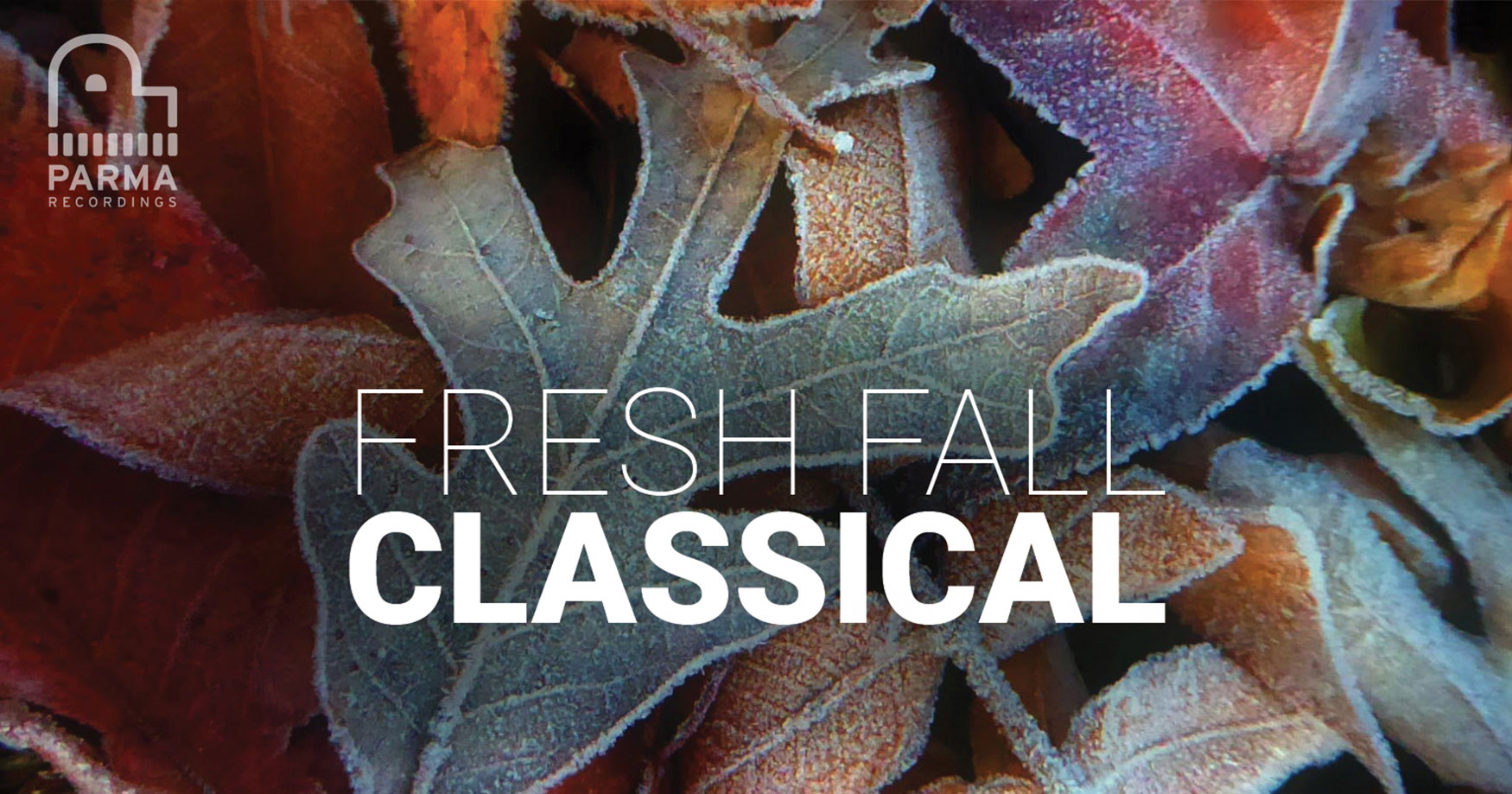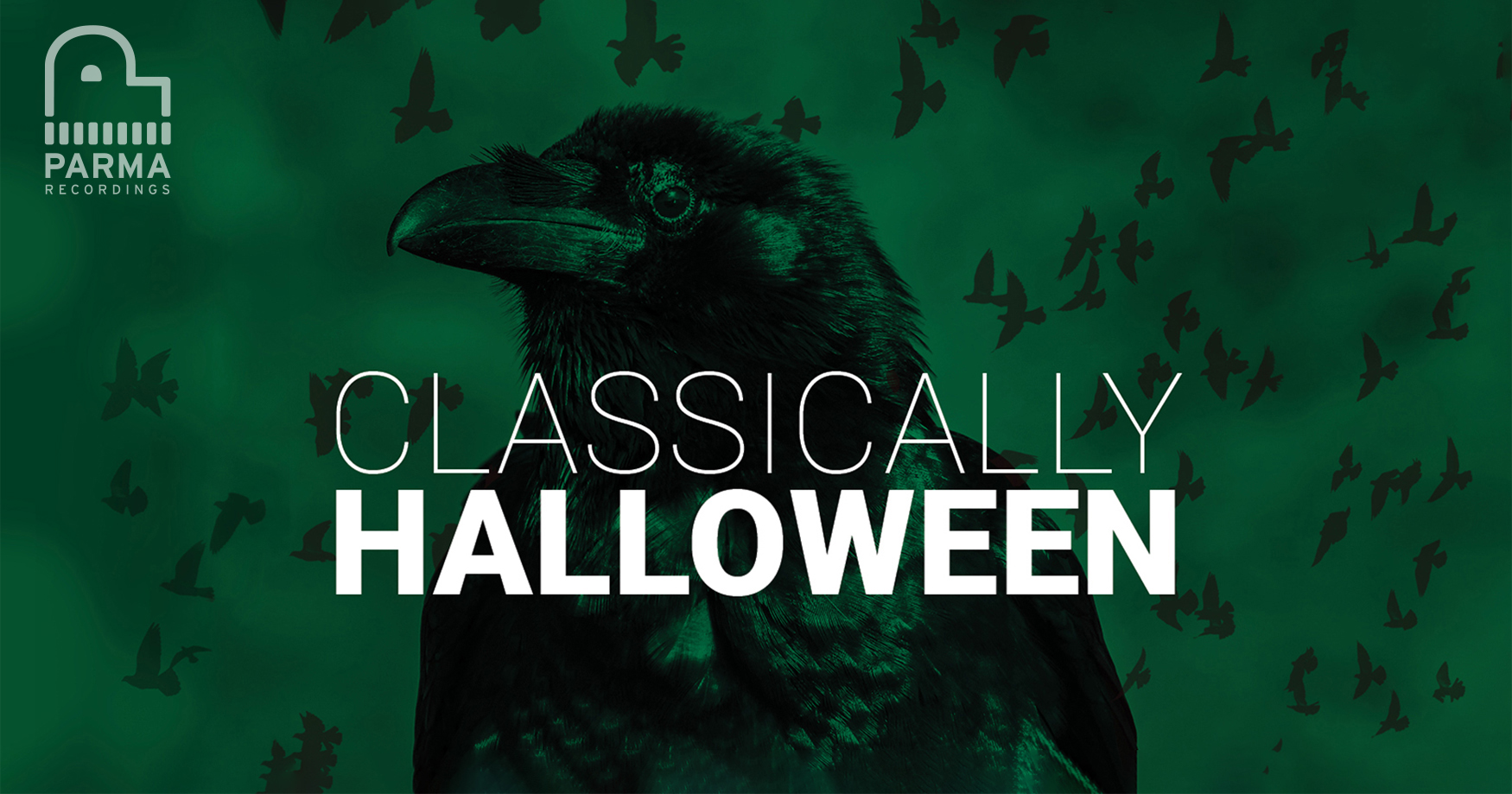An etude (French for ‘study’) is a fairly short composition intended for practice sessions that focuses on a certain technique, such as trilling or dynamic expression. Etudes gained popularity in the early 19th Century alongside an increased interest from the general population in studying the piano, and major composers from Chopin to Debussy have composed etudes for study. They extend beyond piano, with 18th and 19th-century composers such as Rodolphe Kreutzer and Franz Wohlfahrt composing etudes for the violin that are still regularly used today. Some etudes, however, have been recognized for the melodic qualities and are performed as part of a musician’s repertoire in addition to being practice material.
PARMA has had the pleasure of releasing a number of fascinating etudes by our composers, which continue this tradition of composing works for practice and the betterment of specific skills. From dramatic cello performances to electronic manipulations of piano exercises, PARMA artists have proved that studying is anything but dull.
Here’s a sample of what you can find on this playlist:
- Yves Ramette, a French post-Romantic composer, wrote a series of Trois Etudes which were released posthumously by Navona Records in 2013. The focus of these etudes ranges from proper playing of chords and intervals to improving technique in the left hand.
- Frank Felice’s Ravello Records release offers a different look at the practice piece, with Psychotica: 6 Etudes for the Very Very Nervous on his album SIDEWALK MUSIC. This album offers a look at how to create emotional responses through performance – in this case, the responses of anxiety and fear. It’s a fascinating fusion of the piano etude tradition and electronic performance.
- SOUND AND FURY by composer Paul Osterfield includes six of his own piano etudes, which he wrote for pianist Caleb Harris. Etudes for Piano, Book 1 presents studies in parallel chords and syncopated rhythms, with pieces that are just as captivating for their dynamic energy as for their technical difficulty.
- Etude for Raising the Dead by Peter Vukmirovic Stevens presents a study for cello, but one that lives up to its name in energy and emotion. Slightly longer than the typical etude, the piece switches back and forth between rapid staccato and resonating legato bowings, slurring, and crossing strings with deft ability. Its exploration of the cello’s full range of pitch is as stirring as it is impressive.
If you’re a performer, you may find new inspiration for study in these and more pieces on our playlist. Regardless, you are in for a pleasant listening experience which demonstrates how etudes transcend the boundaries of practice and performance.



